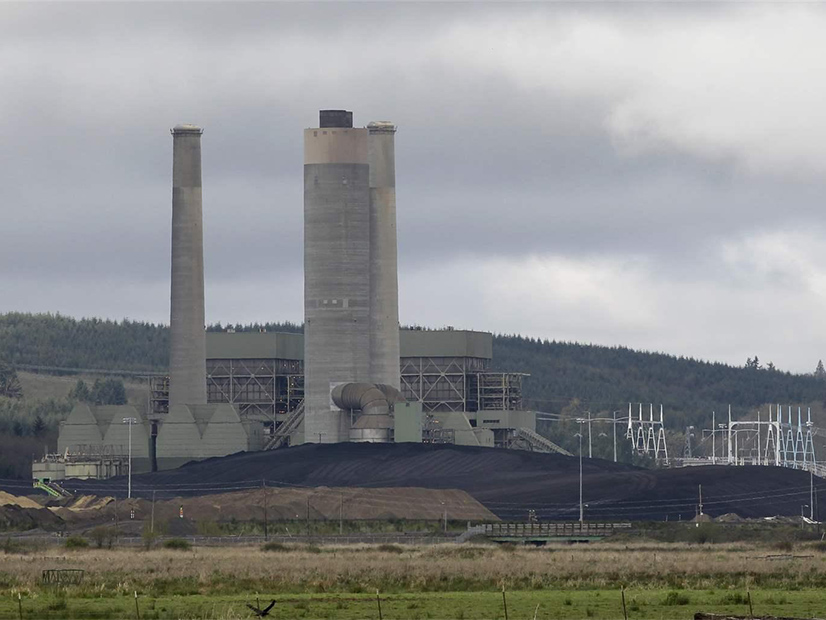Two Washington agencies last week said they reached a “major milestone” in nailing down new rules to implement the state’s 2019 Clean Energy Transformation Act (CETA).
Adopted mostly along party lines in the Democrat-controlled legislature, CETA requires all electric utilities in the state to become greenhouse gas-neutral by 2030 (allowing for use of offsets and other programs) on the way to generating all power from emissions-free resources by 2045. It also prohibits utilities from serving their Washington customers with any coal-fired generation after 2025.
The law sets a $100/MWh penalty for each violation that occurs after the legal deadlines. It also includes a penalty multiplier of 1.5 for violations that include coal-fired generation and a multiplier of 0.84 for gas-fired combustion turbine generation. Combined cycle generation would be subject to a 0.60 multiplier.
Washington has only one coal-fired plant, TransAlta’s Centralia facility, which is scheduled to shut down in 2025.
In the most recent round of CETA rulemaking, Washington’s Utilities and Transportation Commission (UTC) and Department of Commerce clarified that utilities may use energy storage systems, such as batteries or pumped hydro plants, to manage their renewable energy supplies.
The new regulations say renewable electricity can be stored in batteries or other facilities in Washington or elsewhere and be used later without losing its “renewable” label, Glenn Blackmon, manager of energy policy for the Department of Commerce, told NetZero Insider.
Another new rule prevents double-counting of the renewable energy that utilities use to meet Washington’s clean energy standard and prohibits other companies that buy and sell energy from counting the same clean energy toward requirements in other states.
“These rules are an important step toward ensuring that electric utilities are working actively toward a clean, reliable and sustainable energy future for Washington,” UTC Chair David Danner said in a statement. “The work isn’t over, but I am confident that by working with our utilities, state government partners and the public we are well on our way to 100% carbon-free electricity by 2045.”
Last week’s developments mark the second round of rulemaking for CETA. A third round is not scheduled, but cannot be ruled out, Blackmon, said.
The UTC’s rules apply to Washington’s three investor-owned utilities: Avista, PacfiCorp and Puget Sound Energy. The Commerce Department’s rules cover roughly 60 consumer-owned utilities, which include municipal utilities, public utility districts and rural electric cooperatives.



